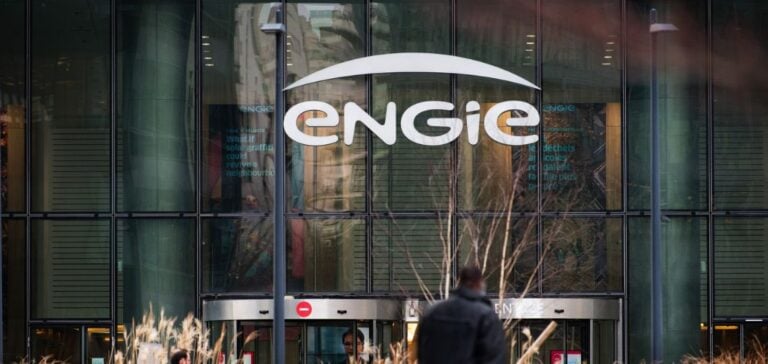Engie is stepping up its investment in renewable energies. Catherine MacGregor, CEO of Engie, sees steady progress in the sector, supported by initiatives in wind and solar power. This highlighted a significant difference in the speed of decarbonization between electricity and gas. While electricity is decarbonizing at an accelerated pace thanks to renewable technologies, the transition for gas, or “the molecule”, is taking longer. This difference is mainly due to the technical and economic challenges involved in replacing fossil gas with renewable alternatives.
The role of biomethane and hydrogen
Catherine MacGregor sees biomethane and hydrogen as important vectors for decarbonizing gas. Engie sees these alternatives as essential, although the hydrogen market has not developed as rapidly as anticipated. Biomethane, in particular, is seen as an immediate solution that uses existing infrastructures without major modifications.
The challenges of hydrogen
The CEO acknowledges that the development of a viable hydrogen market faces significant obstacles. Among these challenges, the industrialization of electrolyzers capable of producing hydrogen on a large scale for energy-intensive industries remains critical. Engie continues to invest in the research and development of hydrogen projects, despite these obstacles.
Adjusting Engie’s targets
Revising its ambitions, Engie has postponed its low-carbon hydrogen production target from 2030 to 2035. This decision reflects an awareness of the realities of the market and the challenges to be overcome. Projects underway in Chile, Australia and the United States testify to the Group’s commitment to diversifying its energy sources while meeting the challenges of the energy transition.
Engie’s strategy, under the direction of Catherine MacGregor, illustrates the complexity of the energy transition. The divergence in the speed of decarbonization between electricity and gas highlights the challenges and opportunities ahead for the energy sector.






















